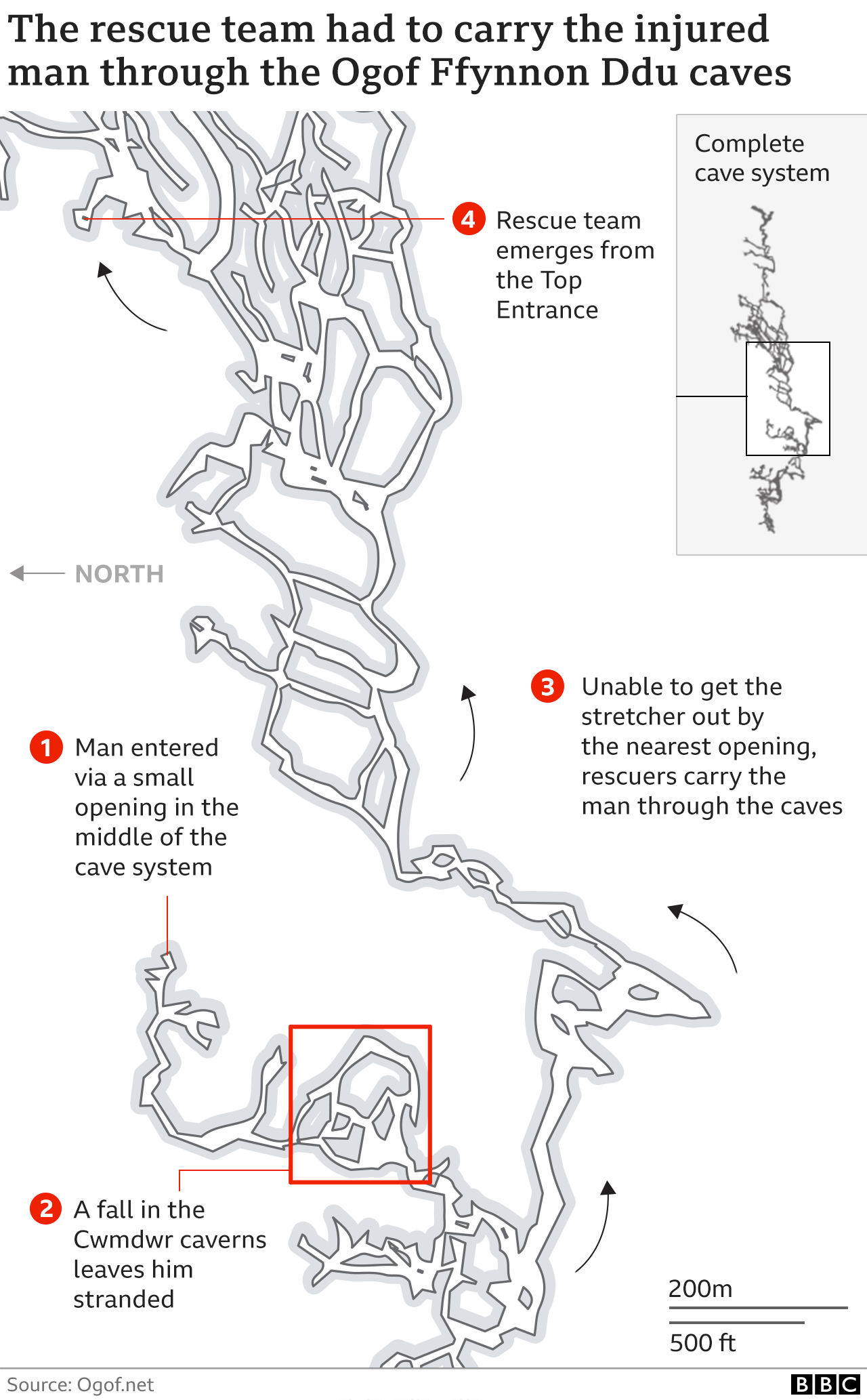Coronavirus 58 Omicron
"I would always prefer that we take decisive action now and have to scale back if Omicron turns out not to be serious, than that we under-react and it turns out Omicron is as bad as feared. Act early and act decisively. We should have learned this by now." Tweeted by Kit Yates, who knows about this sort of stuff.
This is the 58th blog in my series on Coronavirus. The first was written on the 7th of February 2020 and began with this line:
When it was first suggested that UK nationals should be flown out of Wuhan, I remarked that it might be better if all international flights were grounded.This looks like another moment when humanity generally, and the UK Government in particular, get things wrong again. The new variant, B.1.1.529, renamed Omicron, was identified in South Africa, where it appears to have spread rapidly. There is a diligent programme of sequencing in South Africa, unlike some other African countries where such facilities are lacking, so we don't know for sure where the mutation originated, or even where its prevalence is greatest.
Several countries have, gradually and piecemeal, introduced flight bans from South Africa and various other African countries. This has been too little and too late to stop the spread of Omicron, though any reduction in travel will help to slow that spread.
This is a good moment to remind ourselves of the basic imperatives of infection control. Stop travel, particularly any travel without strict and effective quarantine. Test, track and trace to identify all cases. Isolate all cases providing sufficient support to make that isolation effective. The reproduction number will then remain well below R=1 and the infection outbreak will, inevitably, disappear. There is no need for a pandemic to ever happen. A pandemic is the avoidable failure of good governance.
Even after catastrophic errors, such as have occurred, and have led to millions of avoidable deaths, it is never too late to do the right thing and introduce a zero-covid policy. Indeed, it is the only way in which the disease will be overcome. In an ideal situation, 'lockdown' would mean that nobody met anybody outside their own household for two two reproduction cycle times of the virus, maybe about six weeks. Of course, some people need to meet; food distribution, electricity generation, water and sewage, health care and other vital services need to keep going. But that amount of contact is compatible with keeping R<1 if an effective find and isolate system operates. The disease will be eliminated in short order.
What the world needs to do now is to stock up with the essentials for survival and then stay at home for the rest of 2021. Then we will all be able to get on with our lives, devoting 2022 to addressing that other existential crisis, global heating.







